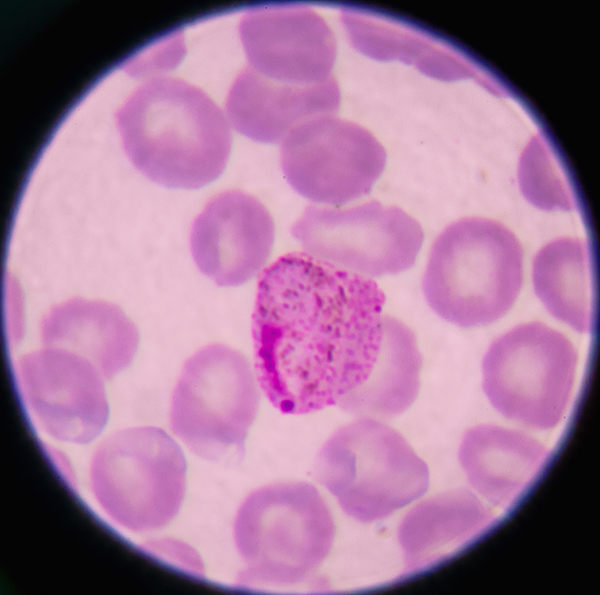
MONDAY, Sept. 10 (HealthDay News) — An electrolyte disorder increases the risk of complications and death within 30 days after surgery, a large new study finds.
The study, which used information from a U.S. surgery database, was published online Sept. 10 in the journal Archives of Internal Medicine.
Patients with the disorder, called preoperative hyponatremia, have low sodium levels in the blood. Previous research has linked hyponatremia with increased complications and death in a number of medical conditions, but its association with outcomes during and after surgery has been uncertain, according to a journal news release.
This study looked at more than 964,000 patients who had major surgery at more than 200 U.S. hospitals from 2005 to 2010. The researchers found that about 7.8 percent of the patients had preoperative hyponatremia and that these patients were 44 percent more likely to die within 30 days after surgery than those without the condition — 5.2 percent vs. 1.3 percent.
The electrolyte disorder also was associated with a higher risk of major heart events (1.8 percent vs. 0.7 percent), surgical site wound infections (7.4 percent vs. 4.6 percent), pneumonia (3.7 percent vs. 1.5 percent) and prolonged hospital stays (an average of about one extra day), according to Dr. Alexander Leung, of Brigham and Women’s Hospital in Boston, and colleagues.
Although these findings provide evidence that preoperative hyponatremia is associated with increased risk of complications and death after surgery, further research is needed to determine whether treating the condition will reduce these risks, the researchers said.
More information
The U.S. National Library of Medicine has more about hyponatremia.

